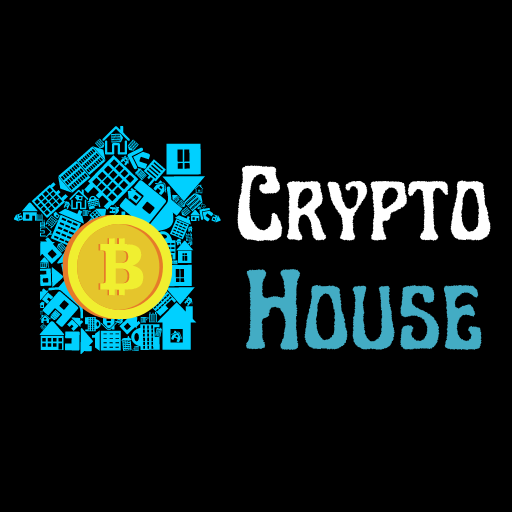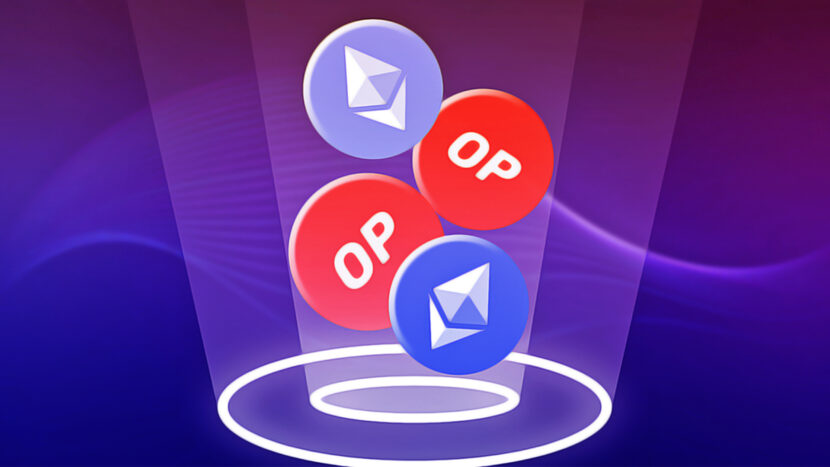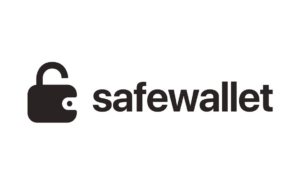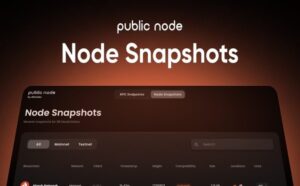- Optimism is a layer2 solution launched for the Ethereum network.
- Optimism introduced the feature of Rollups to enable cheaper and faster transactions.
Ethereum is the most popular blockchain which launched with unique features of DeFi apps, smart contracts and has over time attracted more users on its platform. With launch of NFTs and their gain as celebrity status increased, attracted still more crypto savvy individuals and enthusiasts.
However, this led to network congestion with a direct impact on transaction speed and gas fees. The network became slower and expensive, forcing many developers to seek solutions.
Optimism As A Layer2 Solution
Optimism is a Layer 2 solution to make Ethereum scalable, cheap and faster. Layer 2s are separate blockchains which are built on top of the mainnet chain. Here, Optimism is built on top of Ethereum. Readers may have concerns about security, but transactions only occur on the Optimism chain. They are still sent to the mainnet chain for verification.
Optimism Rollups
Rollup is one of the unique features of Optimism. Optimism basically rolls up a number of transactions into a single bundle and then sends the bundle to be verified on the Ethereum network.
The name Optimism arises from the assumption that the chain is Optimistic that all the transactions of the bundle are valid ones. A time window of 1 week is given, during which the network accepts any challenge to a transaction and demands fraud proof.
If someone challenges a transaction then the bundle is validated as done in Ethereum otherwise the network validates the whole bundle.
This simple way, reduces multiple transactions into a single one, reducing network congestion and gas fees.
Optimism Governance
The governance model implemented by Optimism is sui generis. Browsing the website and scrolling down will give you an idea of the brilliant minds behind it.
The Optimistic Vision
Optimism believes that public goods, presently, are not rewarded well, making their creators choose a path of profit rather than building for good. Optimism wants to dispel the myth that public goods can’t be profitable. The present market in cyberspace is the one made for a physical market. This hinders the growth of public goods like Ethereum and Optimism since developers are not sufficiently incentivized.
For this reason, Optimism came up with Optimism Collective.
Optimism Collective
A new model of digital democratic governance proposed by Optimism, where collective represents bands of communities, citizens and companies who all comply with the axiom: Impact = profit
The collective will oversee that public goods are properly funded and developers are not left with a choice to either take the path of profit or path to build for common good. The collective rewards creators through its unique retroactive public goods funding approach. This approach, as said by Vitalik Buterin, is based on the simple fact that it’s easier to agree on what was useful than what will be useful.
The Two Houses
The Optimism collective consists of two houses namely,
The Token House
The OP token holders, who are Token House members, have responsibilities of deliberating, submitting and voting on different proposed governance protocols.
The tools available to the Token House members include:
- Token House Governance Contracts: Here the qualifying proposals are submitted to vote
- Optimism Governance Protocol: The interface for voting
- The Optimism Forum: A discussion platform
- Discord: For informal discussions
The Citizens’ House
The responsibility of Citizens’ House members is to vote on retroactive public goods funding (RetroPGF). This means the members are responsible to allocate funding or protocol profits to projects the citizens believe have provided public good.
Which projects to choose, and how much should be given, is all decided through voting.
OP Tokens
OP is the native token for the OP ecosystem.
The total supply is limited to 4.29 Billion, out of which 214 Million( 5%) were airdropped in May, 2022.
Final Thoughts
The Optimism Protocol was launched as a Layer2 solution for Ethereum to improve its scalability and reduce congestion. As it’s built atop Ethereum, the user will find using Optimism similar to using Ethereum, with all the DeFi apps and NFTs, but all being processed for 10x cheaper. Its vision of making public good projects profitable for the developers has given its immense popularity in the crypto community, with more users joining the optimism platform.





